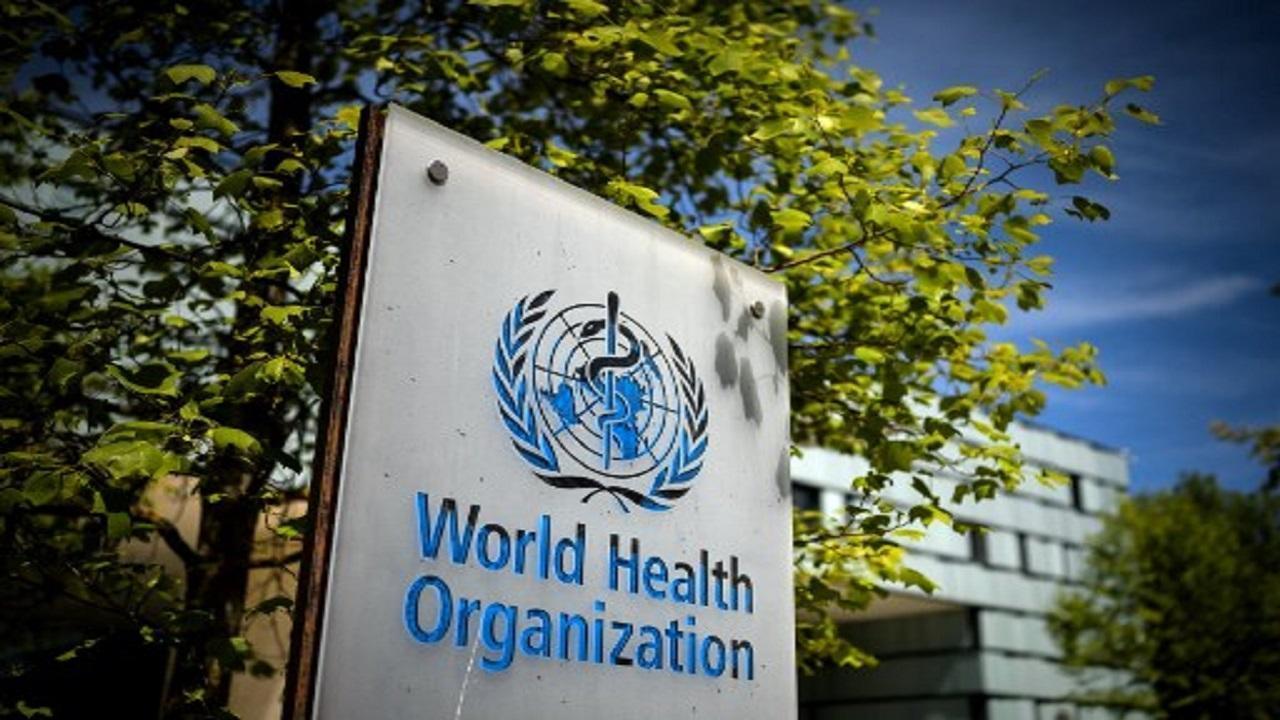A group of experts convened by the health organization recommended the new labelling, which "will be easier and more practical to (be) discussed by non-scientific audiences," the WHO said on Monday, DPA news agency reported.

Photo used for representational purpose. Pic/AFP
The World Health Organization (WHO) has announced that Covid-19 variants of concern will be known by letters of the Greek alphabet, saying it will help avoid stigmatising countries where they first appear. A group of experts convened by the health organization recommended the new labelling, which "will be easier and more practical to (be) discussed by non-scientific audiences," the WHO said on Monday, DPA news agency reported.
The organization said that the existing systems for naming and tracking genetic lineages of SARS-CoV-2 - the virus that causes Covid-19 - will remain in use by scientists and in scientific research. So far, the WHO has identified four variants of concern. The one first detected in Britain will be known as Alpha, the one first found in South Africa will be Beta and the one first identified in Brazil will be Gamma. The newest of the four, which was first detected in India and designated as a variant of concern on May 11, will be known as Delta.
Also read: India's Covid-19 situation hugely concerning, says WHO chief
The labelling announcement came as WHO chief Tedros Adhanom Ghebreyesus warned the coronavirus pandemic is far from over as he closed the group's annual meeting, moved online this year due to the disease. "The reality is, we still have a lot of work to do to end this pandemic," he said. "We're very encouraged that cases and deaths are continuing to decline globally, but it would be a monumental error for any country to think the danger has passed."
He stressed the importance of precautions that have gone into common usage since the pandemic started: social-distancing, hand-washing, wearing facial masks and ensuring a fair distribution of vaccines. The WHO has criticized the fact that rich countries have purchased vast quantities of hard-to-get vaccines, and are already inoculating young and healthy people, while poorer countries don't have enough shots even for health care workers and those especially at risk.
"One day - hopefully soon - the pandemic will be behind us," said Tedros. "But the psychological scars will remain for those who have lost loved ones, health workers who have been stretched beyond breaking point, and the millions of people of all ages confronted with months of loneliness and isolation." Attendees at the session also agreed to meet in November to begin work on a pandemic treaty, which aims to make sure the world is better prepared the next time a pandemic spreads. One focus would be ensuring better cooperation in the next health crisis.
This story has been sourced from a third party syndicated feed, agencies. Mid-day accepts no responsibility or liability for its dependability, trustworthiness, reliability and data of the text. Mid-day management/mid-day.com reserves the sole right to alter, delete or remove (without notice) the content in its absolute discretion for any reason whatsoever
 Subscribe today by clicking the link and stay updated with the latest news!" Click here!
Subscribe today by clicking the link and stay updated with the latest news!" Click here!









